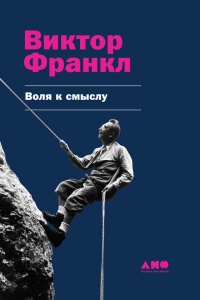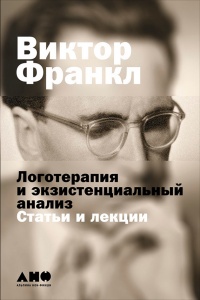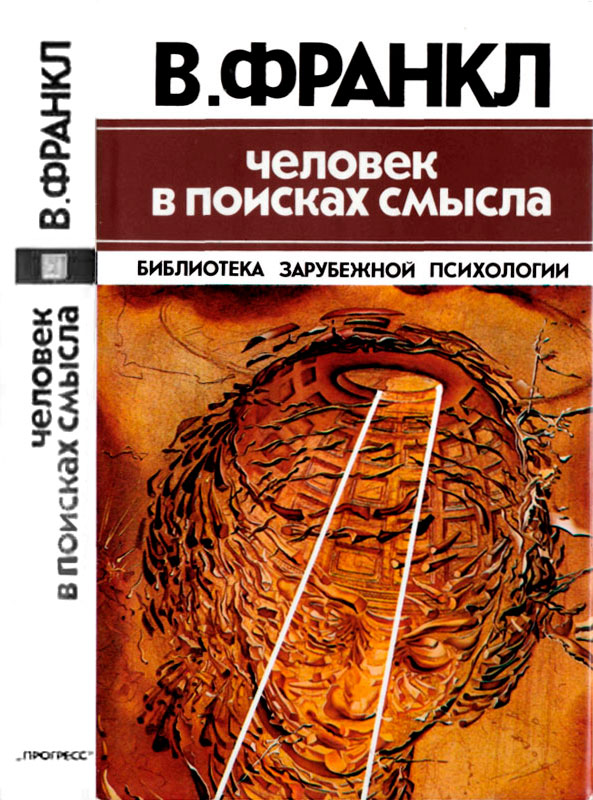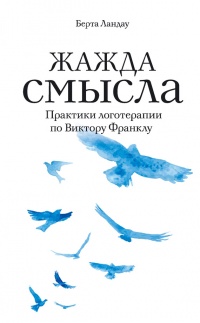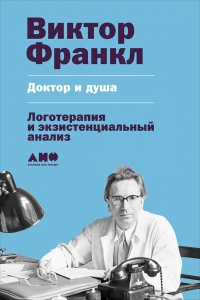Книга Психотерапия и экзистенциализм. Избранные работы по логотерапии - Виктор Эмиль Франкл
На нашем литературном портале можно бесплатно читать книгу Психотерапия и экзистенциализм. Избранные работы по логотерапии - Виктор Эмиль Франкл полная версия. Жанр: Книги / Психология. Онлайн библиотека дает возможность прочитать весь текст произведения на мобильном телефоне или десктопе даже без регистрации и СМС подтверждения на нашем сайте онлайн книг knizki.com.
Шрифт:
-
+
Интервал:
-
+
Закладка:
Сделать
Перейти на страницу:
Перейти на страницу:
Внимание!
Сайт сохраняет куки вашего браузера. Вы сможете в любой момент сделать закладку и продолжить прочтение книги «Психотерапия и экзистенциализм. Избранные работы по логотерапии - Виктор Эмиль Франкл», после закрытия браузера.
Книги схожие с книгой «Психотерапия и экзистенциализм. Избранные работы по логотерапии - Виктор Эмиль Франкл» от автора - Виктор Эмиль Франкл:
Комментарии и отзывы (0) к книге "Психотерапия и экзистенциализм. Избранные работы по логотерапии - Виктор Эмиль Франкл"




















